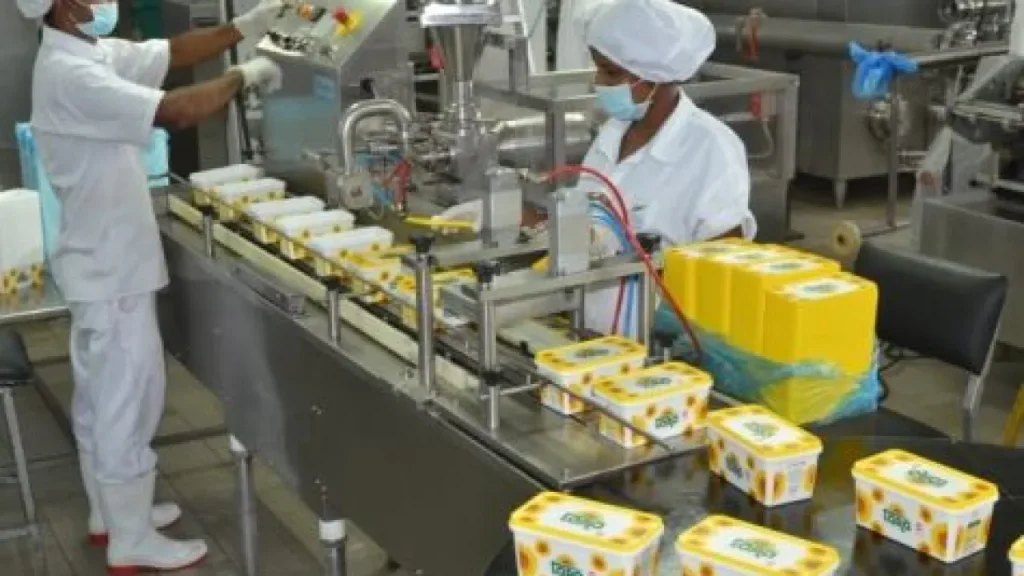In the third quarter of 2023, despite the promising economic reforms spearheaded by the Tinubu-led government that garnered excitement among investors, investment in Nigeria’s manufacturing sector witnessed a significant dip of 53.8%, as revealed by data from the Capital Importation Report.
The National Bureau of Statistics report indicated a decline in foreign direct investment in the manufacturing industry, plummeting from $605 billion in Q2 to $279.5 billion in Q3 of 2023, following a notable growth phase in the second quarter, marking the most substantial increase in a decade. On a year-on-year basis, there was an 184.6% surge from $98.2 billion in 2022.
Segun Ajayi-Kadir, the director-general of the Manufacturing Association of Nigeria (MAN), commented on the situation, stating, “We should not expect an instantaneous response from investors after the reforms and that is why investment into the sector dipped.” He explained that investors are keenly observing the fallout of the reforms, seeking clarity on their sustainability.

Ajayi-Kadir emphasised the necessity for additional supportive measures, including enhanced security and specific policy directions aimed at deepening industrialization, to attract investments into the country’s production sector.
Nigeria implemented significant reforms in June 2023, including the elimination of a costly petrol subsidy and the floating of the Naira, to boost investor confidence and improve the business environment. However, the aftermath of these reforms led to spikes in the prices of goods, exacerbating the cost-of-living crisis in Africa’s most populous country.
The devaluation of the naira since June, resulting in a more than 40% loss of its value against the dollar, has had far-reaching consequences. Analysts at Cardinal Stone noted that currency devaluation has led to foreign exchange losses for exposed businesses, higher import duties for companies reliant on imported raw materials, and consequently weaker manufacturing growth.
According to the Manufacturing Association’s 2024 economic outlook, the impact of the reforms on investments is expected to become more pronounced in the fourth quarter of 2023 and the full year of 2024 as the government’s policy direction becomes clearer to investors. The recent Purchasing Managers Index supports this assertion, revealing a business activity expansion of 52.7 points in December, the highest in the last six months of 2023.
Despite this positive PMI, the growth in the manufacturing sector decelerated to 0.48% in Q3 2023 from 2.2% in the preceding quarter, reflecting the complex challenges faced by the sector amidst the ongoing economic reforms.


